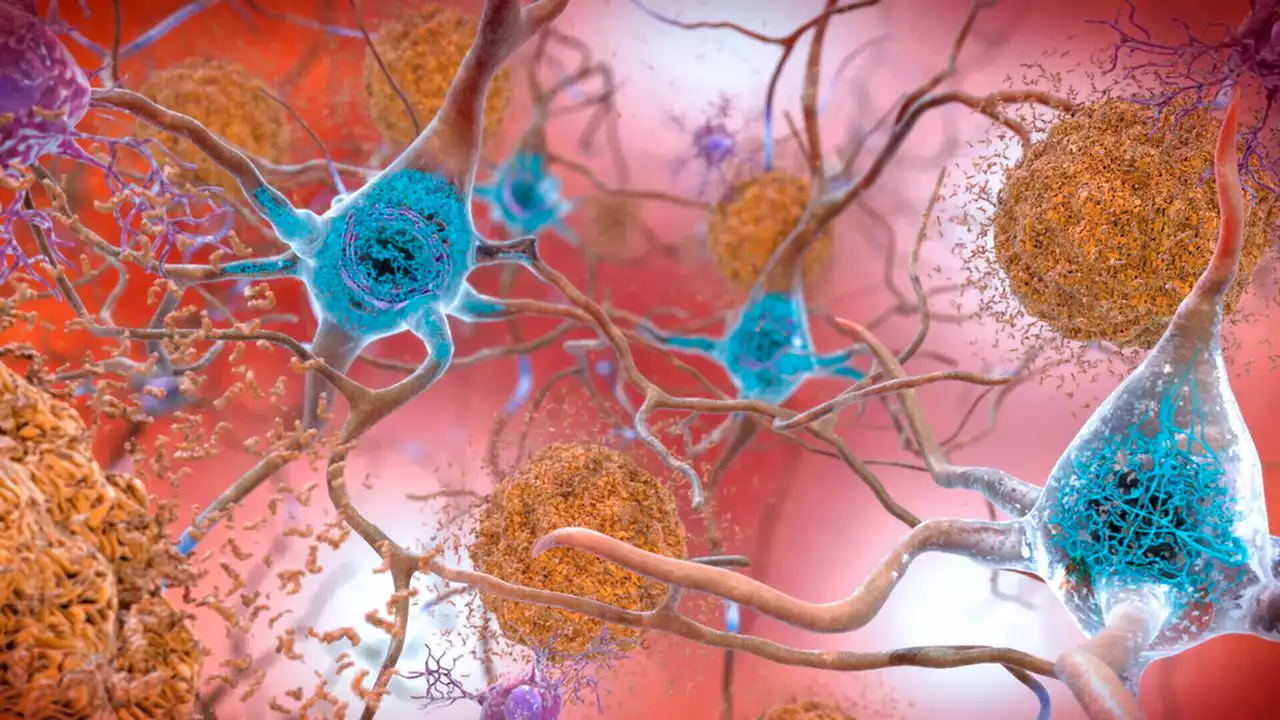Japan’s health ministry has approved Leqembi, a drug for Alzheimer’s decease that was jointly developed by Japanese and U.S. pharmaceutical companies.
According to the health ministry, Japan's number of dementia patients who are 65 years of age or older will rise to 7 million in 2025, from the current 6 million.
The drug, however, does not work for everyone and — as with other Alzheimer's drugs that target plaques in the brain — can cause dangerous side effects such as brain swelling and bleeding in rare cases. Eisai said it will conduct a post-marketing special use survey in all patients administered the drug until enough data is collected from unspecified number of patients under Japanese health ministry procedures.
The drug will be partially covered by health insurance and is expected to be ready for clinical use by the end of the year. The price is yet to be decided but is expected to be expensive, Kyodo News agency reported. Eisai is committed to delivering Leqembi to people who need it and their families “as a new treatment,” said Haruo Naito, the company’s CEO.The Alzheimer's Association created a list of early signs of the disease or other types of dementia. In the United States, the disease disproportionately affects Hispanic patients.
United States Latest News, United States Headlines
Similar News:You can also read news stories similar to this one that we have collected from other news sources.
 After US approval, Japan OKs Leqembi, its first Alzheimer's drug, developed by Eisai and BiogenJapan’s health ministry has approved Leqembi, a drug for Alzheimer’s decease that was jointly developed by Japanese and U.S. pharmaceutical companies.
After US approval, Japan OKs Leqembi, its first Alzheimer's drug, developed by Eisai and BiogenJapan’s health ministry has approved Leqembi, a drug for Alzheimer’s decease that was jointly developed by Japanese and U.S. pharmaceutical companies.
Read more »
 Japan’s Suzuki: Japan at a critical stage whether to spur consumption, wage growth“Japan at a critical stage whether to spur consumption or wage growth,” Japanese Finance Minister Shunichi Suzuki said on Tuesday. Suzuki added that i
Japan’s Suzuki: Japan at a critical stage whether to spur consumption, wage growth“Japan at a critical stage whether to spur consumption or wage growth,” Japanese Finance Minister Shunichi Suzuki said on Tuesday. Suzuki added that i
Read more »
 Alzheimer's Blood Tests Are Now Available. Here's What to Know.Despite affecting 55 million people worldwide, Alzheimer's disease still has no cure.
Alzheimer's Blood Tests Are Now Available. Here's What to Know.Despite affecting 55 million people worldwide, Alzheimer's disease still has no cure.
Read more »
 Researchers connect Alzheimer's-associated genetic variants with brain cell functionResearch reveals new non-coding genetic variants associated with Alzheimer's disease functioning in microglia -- brain cells already implicated in the progression of this often-fatal neurodegenerative condition.
Researchers connect Alzheimer's-associated genetic variants with brain cell functionResearch reveals new non-coding genetic variants associated with Alzheimer's disease functioning in microglia -- brain cells already implicated in the progression of this often-fatal neurodegenerative condition.
Read more »
 Learn about Alzheimer’s disease; it could affect your familyAfter my mother passed of Alzheimer's, I wondered who would be the next member of our family to experience the disease.
Learn about Alzheimer’s disease; it could affect your familyAfter my mother passed of Alzheimer's, I wondered who would be the next member of our family to experience the disease.
Read more »
